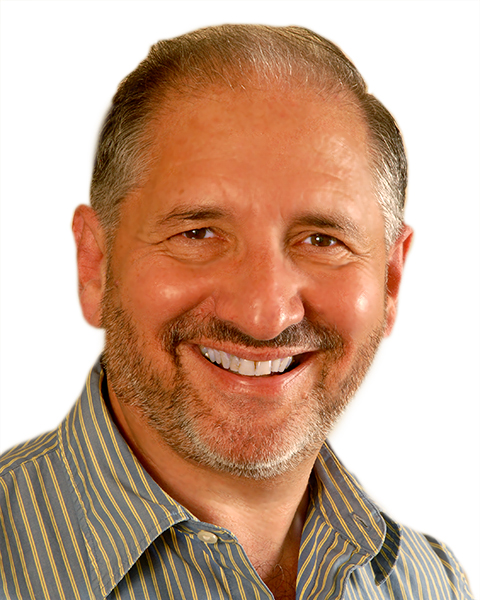Bob Flax, Ph.D. is a psychologist, educator, organization development consultant, and global activist. “I’ve always been drawn to addressing human suffering. First with individuals though psychotherapy, later with organizations, and finally, at the global level.”
As a psychologist, Bob has worked in hospitals, clinics, residential treatment centers, private practice, and 16 years in the California prison system where he counseled inmates on San Quentin’s ‘death row’ and managed their 3,000-person volunteer division, providing inmate education and rehabilitation programs. He was later promoted to the management team of the Mental Health Department at the California State Prison-Solano. Bob has taught Psychology at LaGuardia Community College, Sierra University, William Lyon University, John F. Kennedy University, and The Professional School of Psychology. He is currently on the faculty of Saybrook University and teaches in their Transformative Social Change program.
From his experiences working in the prison system and through international travel, Bob was struck by the way large systems – from dysfunctional organizations to nations in conflict – contribute to human suffering. As a result, he expanded his focus to include organizational and large systems change. He conducted organizational development, leadership, and communications training programs for several organizations ranging from small non-profits to IBM. Bob’s work with large systems eventually led him to the World Federalist Movement, where he was the former Executive Director of Citizens for Global Solutions.
Bob has a B.A. in Psychology and Philosophy from New York University, an M.A. in Psychology from Long Island University, a Ph.D. in Psychology from Saybrook Institute, an M.A. in Organization Development from Sonoma State University, a Certificate in Global Affairs from New York University and a Diploma in Global Leadership from the UN Peace University.
WHY ARE YOU A WORLD FEDERALIST?
There are some things in life that are intuitively obvious. Many cities, states and countries of the world avoid chaos and address human needs by having democratic ways to govern themselves. Although far from perfect, this allows these regions to address their most pressing problems. Sadly, the world lacks such a system, as demonstrated by the inability of our current system of global governance to abolish war, prevent climate catastrophes, halt pandemics, and guarantee human rights. A democratic world federation is necessary to give humanity the tools it needs to deal with these critical global issues.
WHAT IS THE FUTURE YOU ARE WORKING TOWARDS?
The world’s great religions and philosophies talk about the oneness of humanity, but unfortunately, there is no political structure to support it. Instead, we are divided into 195 national “tribes” and countless other allegiances, often competing, struggling against, or openly fighting one another. I’m working toward a future that transforms this landscape by building a global, democratic system, that makes the oneness of humanity a political reality, supporting humankind toward reaching its highest aspirations.

